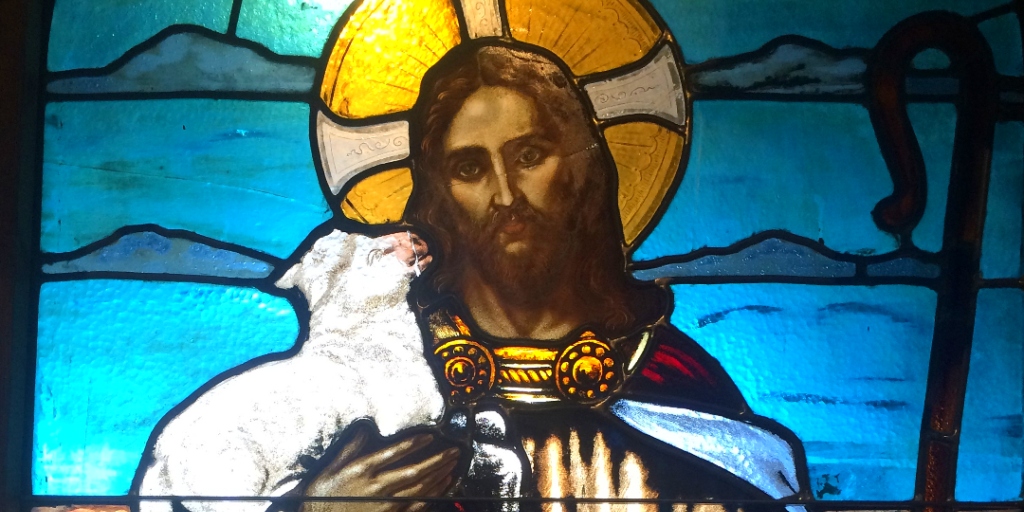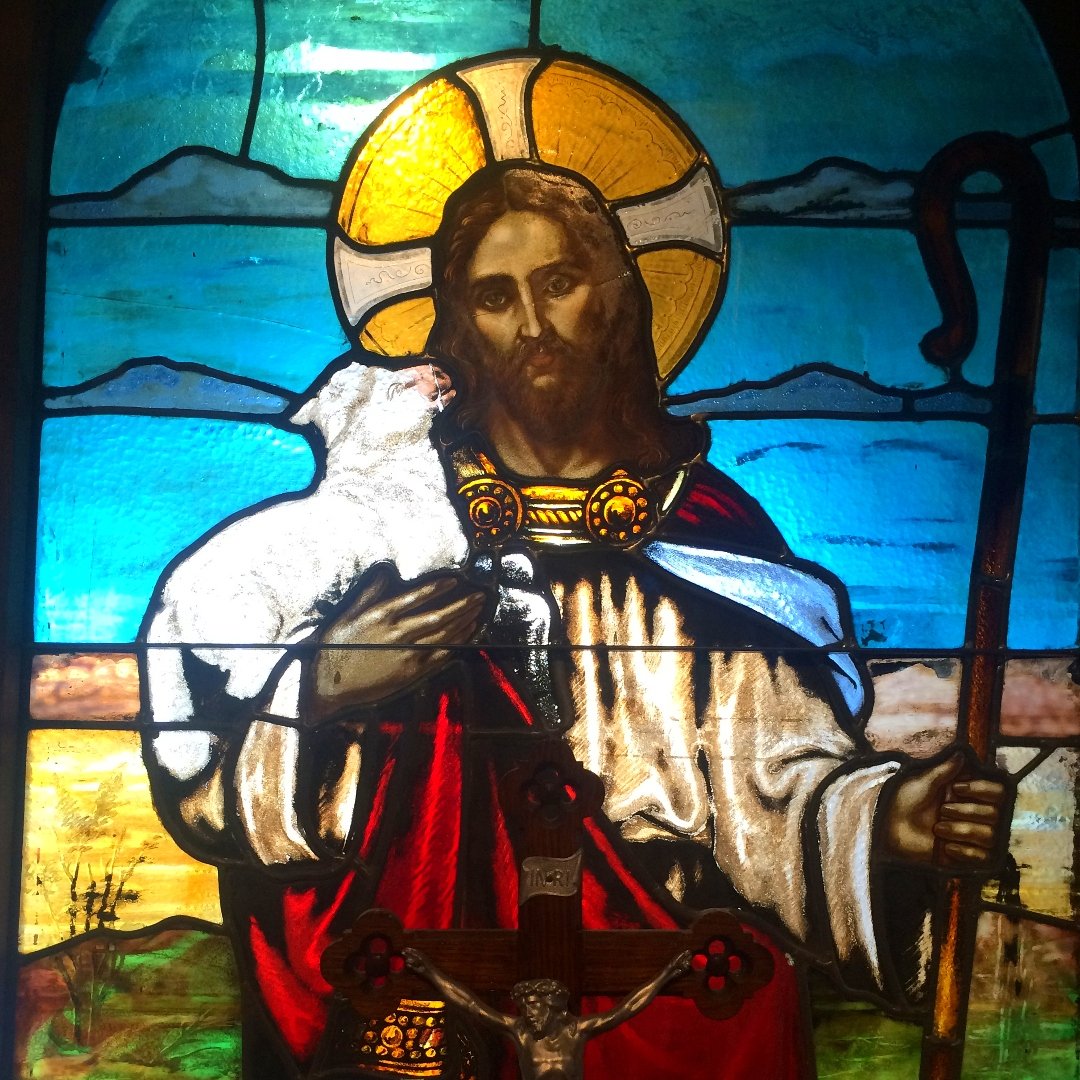
Julie Storr shares a reflection on the Collect for the Mass for the Fourth Sunday of Easter.
This weekend, the Fourth Sunday of Easter, we celebrate Good Shepherd Sunday. You’ll be able to tell by the prayer:
Almighty ever-living God, lead us to a share in the joys of heaven, so that the humble flock may reach where the brave Shepherd has gone before. Who lives and reigns with you in the unity of the Holy Spirit, God, for ever and ever.
There are a couple interesting comparisons in this prayer that I want to tell you about.
Let’s start with a look at the phrase share in the joys of heaven. The word share is defined as fellowship, or communion. The prayer tells us that the joys of heaven are where the Shepherd has gone before.
There is also an interesting comparison between the humble flock and the brave Shepherd. Used here, the word brave means more than courageous. It means strength, manliness in undertaking hardship. That’s the perfect kind of shepherd for a humble flock. A humble flock recognizes that they are not the shepherd, but they have one they can trust.
That leaves us with one part of the prayer, and that is the petition we are asking of God: to lead us.
I’ve been thinking about what it means to be led and and to be a true follower. I’ve come to believe that sometimes we might not very good at being led, but it all depends on what we’re following.
For example, let’s look at social media. If I choose to “follow” someone, I’m not really a follower, I’m a fan. If whoever I’m following does something that I don’t like I can simply unfriend or unfollow and move on.
We can be a fan of someone or something, but when the next shiny thing comes along, we easily become a fan of that instead.
To be led means we have to be serious about following. It’s even more important when something like our eternal life is involved. Sometimes, however, we follow Christ or we follow Church teaching just like we follow the latest thing on Facebook—we’re more like a fan.
This week we celebrated the feast of the Apostles Saints Philip and James. I was struck by a line in the Preface before the Eucharistic Prayer:
For you, eternal Shepherd, do not desert your flock, but through the blessed Apostles watch over it and protect it always, so that it may be governed by those you have appointed shepherds to lead it in the name of your Son.
The Good Shepherd has gone before us, but the Good Shepherd also loves us enough to provide shepherds for us as we journey to heaven.

As I sat with that realization for a while, two things came to mind:
- If we did an honest self-evaluation, specifically looking at our desire to follow God and what the Church teaches, what grade would we each get?
- Not only do we each have to answer to God for what we say and do, so do our clergy, whom God entrusted to lead us. They all need our prayers, especially those who are wandering followers.
We can either trust that the Good Shepherd left us in good hands, with the succession of Apostles, to lead us to Him, or not trust Him. We can either be encouraging members of the flock or we can be bleating over everything we don’t like and look for someone new to follow.
These are hard things, but as I worked through them, I found it not only comforting but fun to think about being a sheep, enjoying green pastures and still waters, knowing that no matter what, there is a Good Shepherd who has His eye on me.
This week as we Lectio the Liturgy, spend some time imagining yourself as a sheep. What kind of sheep are you ... and what kind of sheep is God asking you to be?
Thanks for praying with me.
Copyright 2022 Julie Storr
Images: Nheyob, CC BY-SA 4.0, via Wikimedia Commons
About the Author

Julie Storr
Julie Storr surprised herself when she went from “never ever going to be Catholic” to a lover of the lectionary. Her thirst for the Faith is never quenched and she is always surprised at the depth of the relationship with Christ that one can find in the Catholic Church. She and her husband live in Pocahontas, Iowa. Visit her website at LectioTheLiturgy.com.


.png?width=1806&height=731&name=CatholicMom_hcfm_logo1_pos_871c_2728c%20(002).png)
Comments